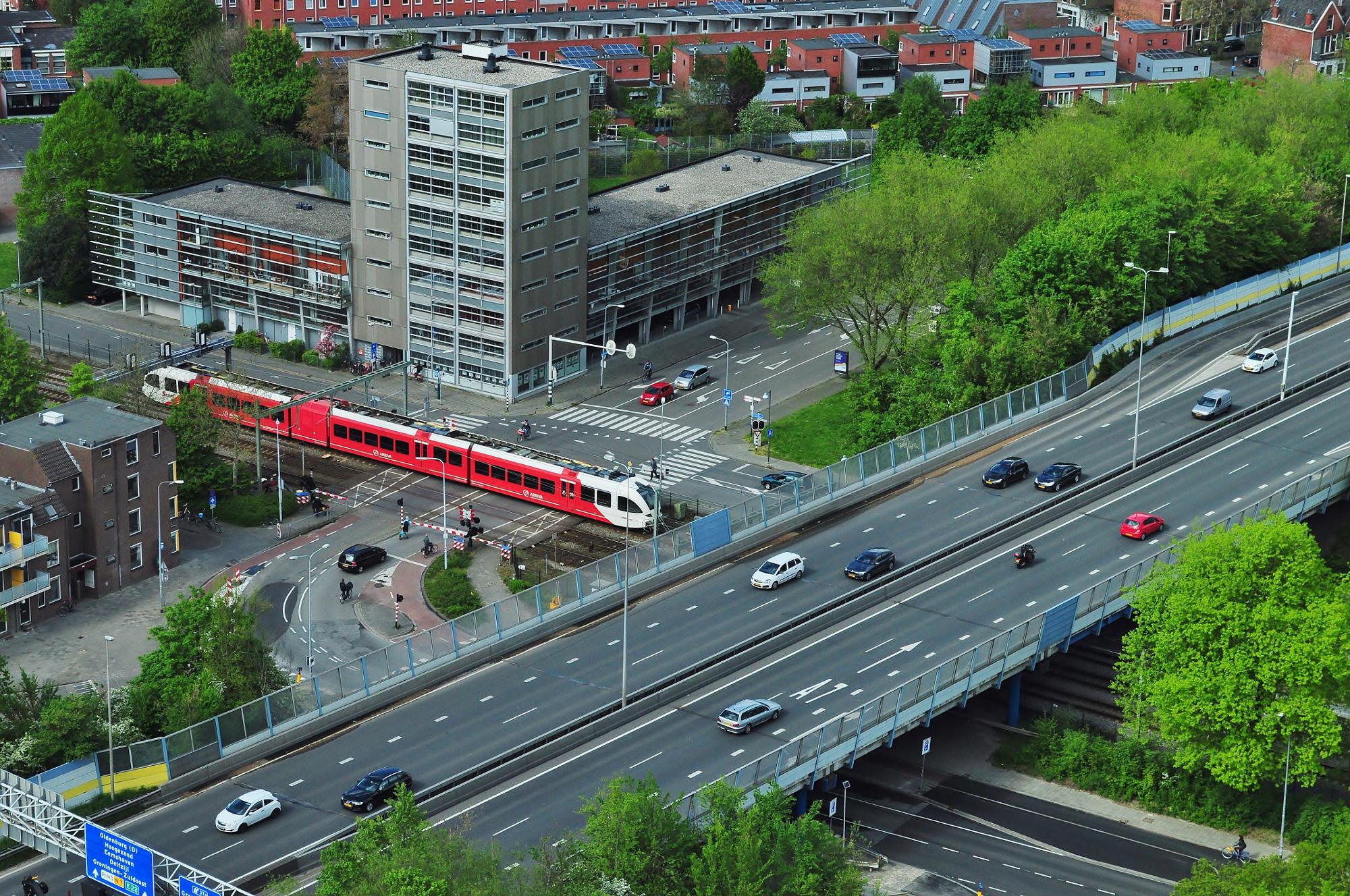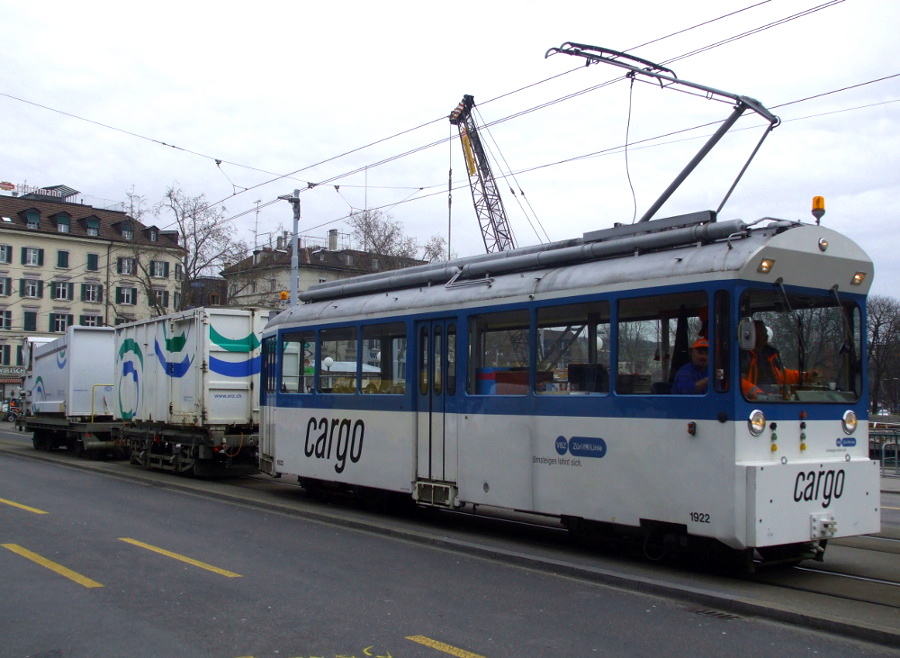Aim
Within a context of growing urban population, advances in urban logistics operations and improved local authority planning, especially in the field of the urban freight transport, can alleviate the associated negative environmental and economic impacts occurring in cities.
Several types of stakeholders are involved in such urban logistics management processes. Among them, freight carriers and shippers are interested in minimizing freight logistics costs in order to maximize their profits, while maintaining a competitive level of service to their customers. City administrators and residents are oriented towards a decrease in traffic congestion, social costs and environmental nuisances, even though they are often direct beneficiaries of high quality delivery services.
This leads to a multitude of differing and possibly conflicting objectives that are involved in urban freight transport planning and decision making, yielding a high level of complexity. This provides a main motivation for the development of tools for helping decision makers to reach higher grades of efficiency.
Despite growing academic interest, the extent to which freight transport is acknowledged and formally considered in local authority transport planning varies considerably from country to country, and on a more local level, between towns and cities.
As a result, policy development with respect to urban freight and city logistics is characterised by a rather fragmented approach, with many city authorities finding it difficult to address the complex set of differing views of a large variety of stakeholders.
The project aims at identifying local authority planning needs with regards to urban/city logistics activities and the necessary pre-requisites for inclusion of stakeholders in the process.
Finally, the project will promote the knowledge transfer of methods and models through the conceptual development of a novel decision support tool (thanks to involved software houses).
Objectives
The overall research objectives of ProSFeT will be the following ones:
- To perform a review of urban freight transport in Europe, by highlighting best-practices and sharing them across a network of public bodies;
- To promote the utilisation of stakeholders’ engagement methods in urban freight transport policy formulation and strategic decision making in Europe;
- To promote the use of decision support tools for urban freight transport by public authorities in Europe.
This project has received funding from the European Union’s Horizon 2020 Research and Innovation programme
under the Marie Skłodowska-Curie grant agreement No 734909






